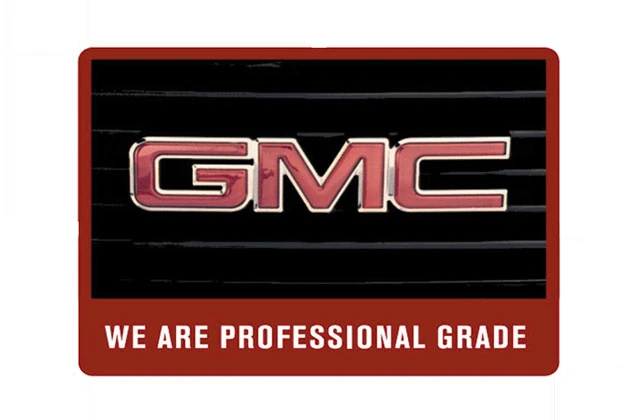Why does putting a fake stainless steel grill on a Chevy make it "professional grade"? The answer is, of course, that it doesn't. It's just a marketing slogan.
Creeping Expertism. I have written about this before and at length. It is the desire today, for most people, to be experts or professionals in everything they do. People can't just have a kitchen anymore, it has to be a "professional grade" gourmet kitchen, so they can heat their hot pockets in the microwave, professionally.
We have expert cars, expert appliances, even expert coffee (the entire marketing theory behind Starbucks). You can't just ride a bicycle anymore, you have to be expert at it, spending thousands of dollars on an expert bicycle and all the accessories, while acting angry and unhappy and basically sucking the fun out of what was once a enjoyable pastime.
What is this trend? Why did it start? Where is it going? As I noted in an earlier posting, our generation became enthused with paraphernalia early on. Drug use had its own set of carefully crafted accessories, and of course, every college student had to have the killer stereo system. We talked brand names of amps and speakers, and dB levels and wow and flutter and how many grams our turntables were tracking. You were supposed to care about this shit, and if you didn't, you were an idiot.
Even back then, the bicycle thing went nuts. You couldn't just ride an English 3-speed with fenders. Oh, no. It had to be a fenderless 10-speed with a hunched-over racing position and narrow bendable rims - so practical for daily riding, yet it marked you as a "serious" rider.
Our generation found status in expertism. We had to be professionals or experts in every aspect of our lives. Our food and wine had to be gourmet, our coffee top-notch. And when we became parents, well, we cracked the books and became "expert" at that - or so we thought (a generation of youngsters begs to disagree).
And that right there is the problem with the expertism movement. It is utterly and totally fraudulent. It is just a marketing ploy to get you to spend money on things you don't need to spend money on. To get you to feel inadequate about things in your life and to seek status by going expert.
Take home appliances. For years, a basic washing machine was like $200 new. They came in one color, white. It was an appliance and as the name implies, a useful machine that is not designed for status or style. But today, these same machines come in a number of colors - and of course the "expert" stainless steel - and can run the gamut from $350 to $2000, depending on how far up the expert curve you want to travel.
Do you get a better wash from this experience? Do these expensive machines last longer? No, of course not. Most appliances last about 15 years, regardless of whether they are the el-cheapo stripper model or the flashy front-end loader with all the "features" (by the way, has anyone out there every used any of the cycles on their washer other than "regular"? I thought so).
So when you pay $1500 for a washer, you are spending $100 a year for a washing machine, basically. If you buy the $300 model, you are spending $20 a year. Maybe the amount of money seems small, but if you take this amount, plus all the other "little" amounts of money, and invest them over time, well, you've got a lot of money - real wealth - that you've pissed away.
And I know this from experience, having pissed away $3000 on a gas grill. No really, I was a total idiot. $3000 to make two hamburgers. It was stupid. And over the years, I have learned what real barbecue experts already know, that a cheap dented Weber kettle and a bag of charcoal can beat the best gas grills, ever single damn time.
Expertism is a waste of time - and money.
